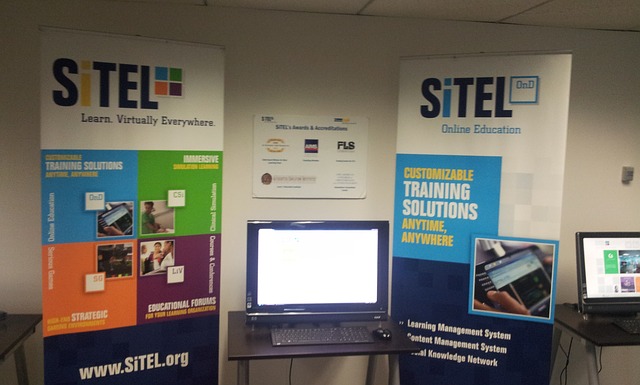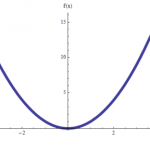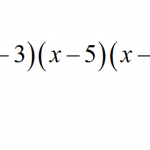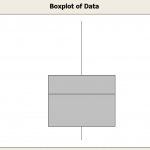What are the Pros and Cons of Getting a PhD Online?
If you are thinking about going for a PhD, then you will be joining several hundred of thousands of students thinking about the same thing. In fact, figures from the Council of Graduate studies show that the total graduate enrollment in 2013 was more than 1.7 million students. Such graduate enrollment, includes graduate certificates, education specialist certificates, and master's, or doctoral degrees. Graduate enrollment has kept itself relatively steady in time, with only a 0.7% in the five years period from 2008 to 2013.
Online versus Traditional Ph.D. Programs
Currently, approximately 60% of graduate students undertake full time programs, whereas 40% are enrolled at a part-time basis. About 42% of graduate students were men and 58% were women in Fall 2013. Most traditional, tier 1 and 2 universities offer Ph.D. degrees in the traditional presencial form, but there is an increasing number of universities which currently offer PhD's online. Some of the most traditional universities have some kind of online version of some PhD programs, but there are educational institutions that have their main focus as online institutions that offer PhD programs online.
What are the differences between and online Ph.D. and a traditional presence-based Ph.D.? Not too many on the surface, but we need to look closely. First, a Ph.D. degree is the maximum and most prestigious degree that can be awarded by an accredited university. Accreditation is strict and as a consequence only quality institutions can aspire to award advanced degrees, including doctoral degrees. In the United States, it is the U.S. Department of Education that gives authority to various accreditation agencies, and only accredited institutions can participate in federal student aid programs.
Are Online Ph.D. Programs Accredited?
In general terms, departments and program need of specific programmatic accreditation in order to be included in the "positive list' published by the U.S. State of Education, and to participate in financial aid programs. There are currently from than 130 accredited online Ph.D. degrees, so then even if online doctoral education has not yet matched traditional doctorate education in prestige, there are plenty of options from a long list of accredited online programs.
Then, on the one hand, the pros of an online doctoral degree is the flexibility and convenience of not having to be attending physically, and the fact that accreditation for that type of programs is much more widespread than it appears at first sight. The cons are that they don't have the same prestige as a traditional doctoral degree, and that online doctoral degrees tend to me more expensive than traditional degrees (the price difference is greater for MBA's, but overall online education is more expensive per credit, on average).

So then, it is worth it to go for an online doctoral degree? The answer is: it depends. Depends on the circumstances, budget and career objective. For example, if the objective of a students is to go for a career academia as a faculty member at a large university, I would advise to go for the traditional doctoral degrees, because it is less likely to get a competitive position in academia if you have an online Ph.D. degree, at least today.
On the other hand, for someone who has a job and holds a degree already, a Ph.D. could be simply a career move to ascend in the corporate ladder, in which case an online degree may be appropriate, especially if is employer-sponsored, and budget is not an issue. People in such situation of career enhancement, though, are more likely to go for an online MBA rather than an online Ph.D.
Will Online Ph.D. programs still be around in the foreseeable future?
The fact is that today Ph.D. are not offered online for the most traditional disciplines (such math, physics, sciences in general, engineering, technology, etc), and there must be a reason for that. There is no replace, as of yet, for academic interaction with experts on a daily basis, which is what happens for a Ph.D. at a regular presence-based Ph.D. program, as opposed to the rather virtual interaction that take place in an online degree. Decisions about funding, promotions, etc. are still done based on personal trust and personal rapport. Hence, time will tell what is in store for the future of doctoral education, and whether the online part will play an important role or not.
In case you have any suggestion, or if you would like to report a broken solver/calculator, please do not hesitate to contact us .








